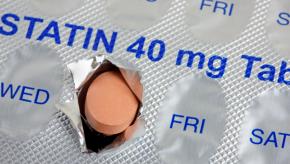All News
ORAL Surveillance - Is Statin Use the Problem/Solution?
The findings from ORAL Surveillance Study have been a dominant conversation at recent ACR Convergence, with the seminal findings and subsequent analyses a target of debate. Subsequent post-hoc analyses, follow-up studies, and claims data analyses have been used to further interpret the data, though a clear answer on safety is not certain. A study presented on Sunday reported on a new post-hoc analysis that provides new insights.
Read Article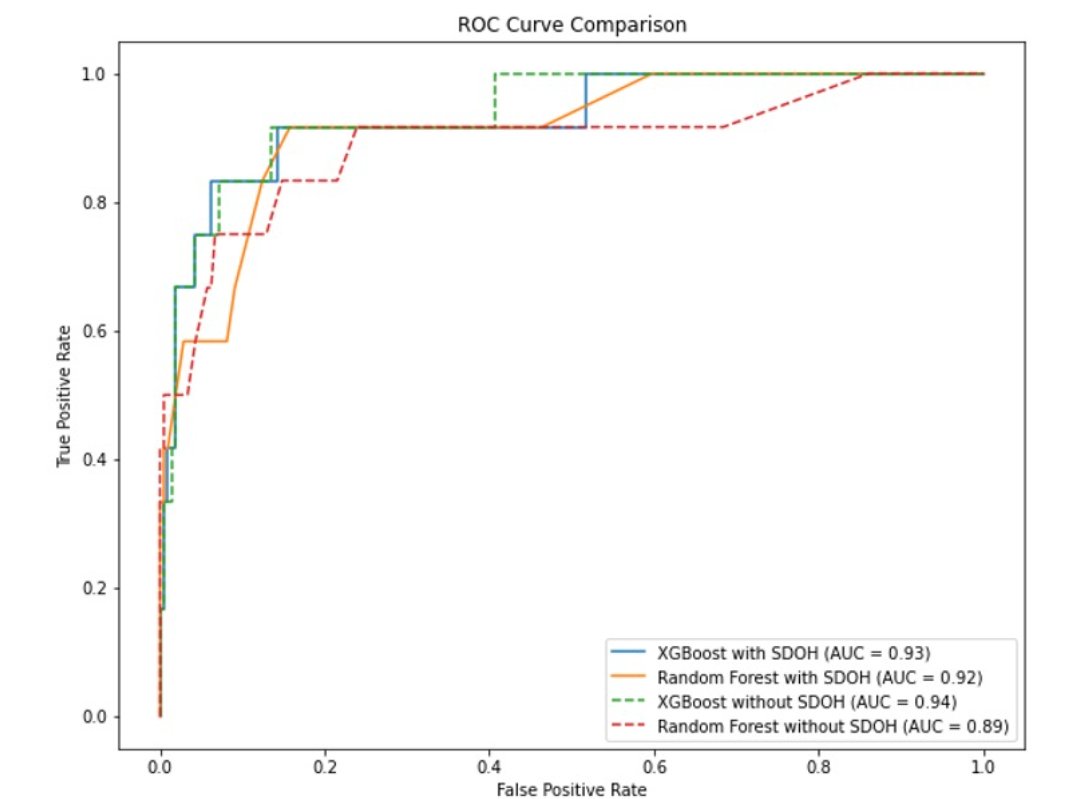
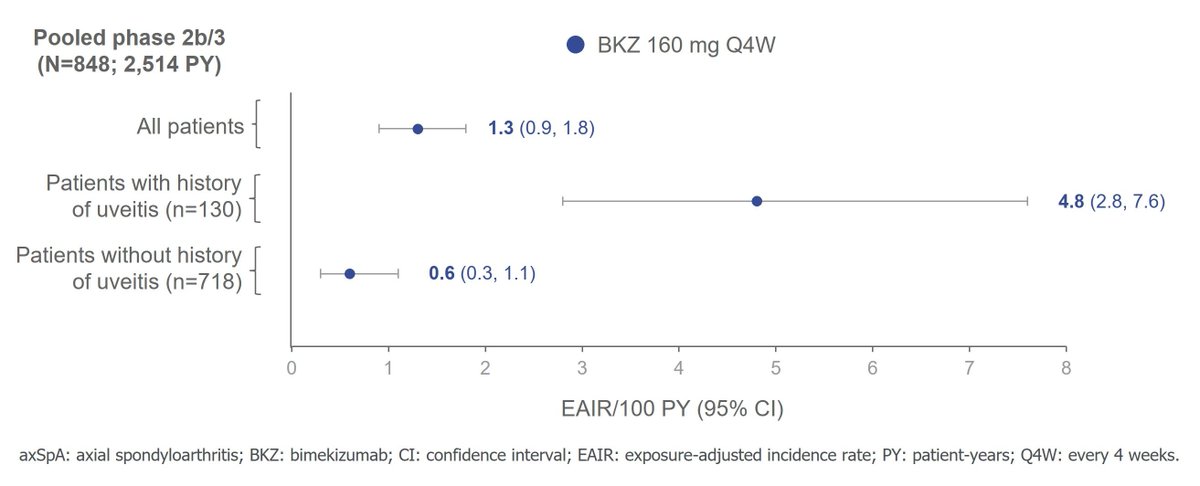
Links:
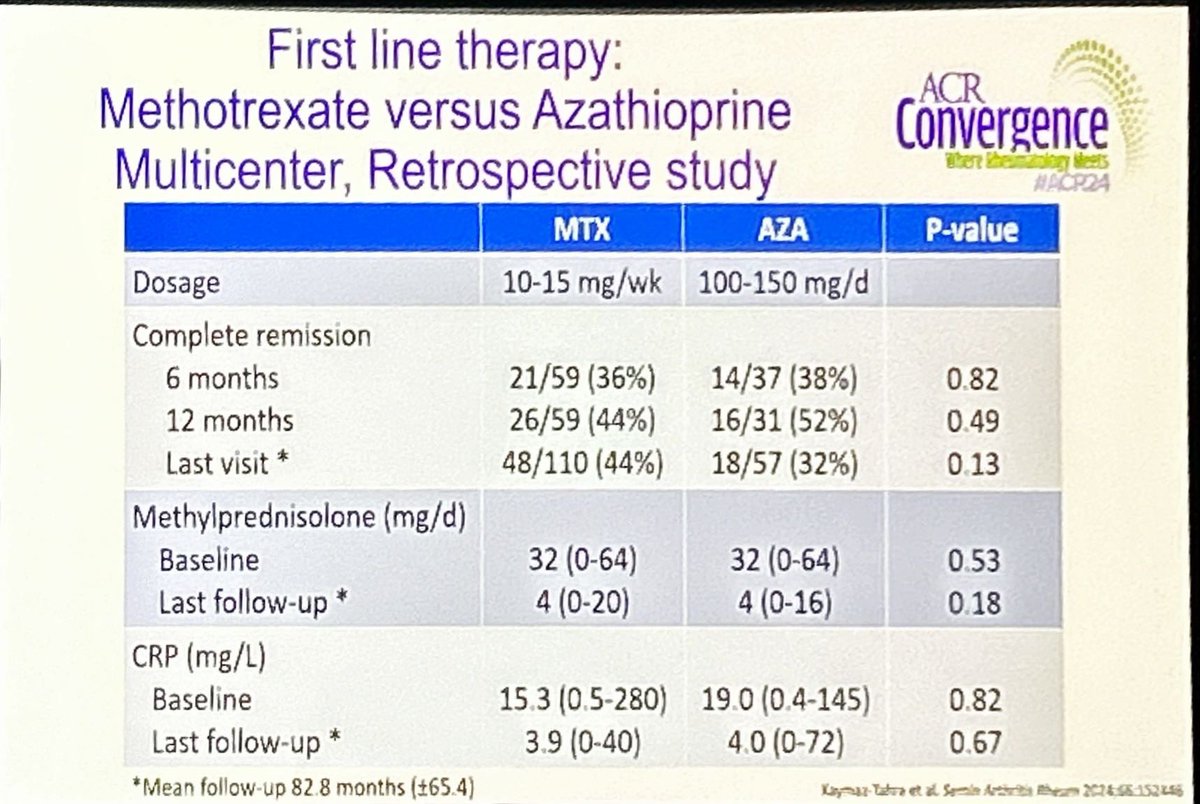
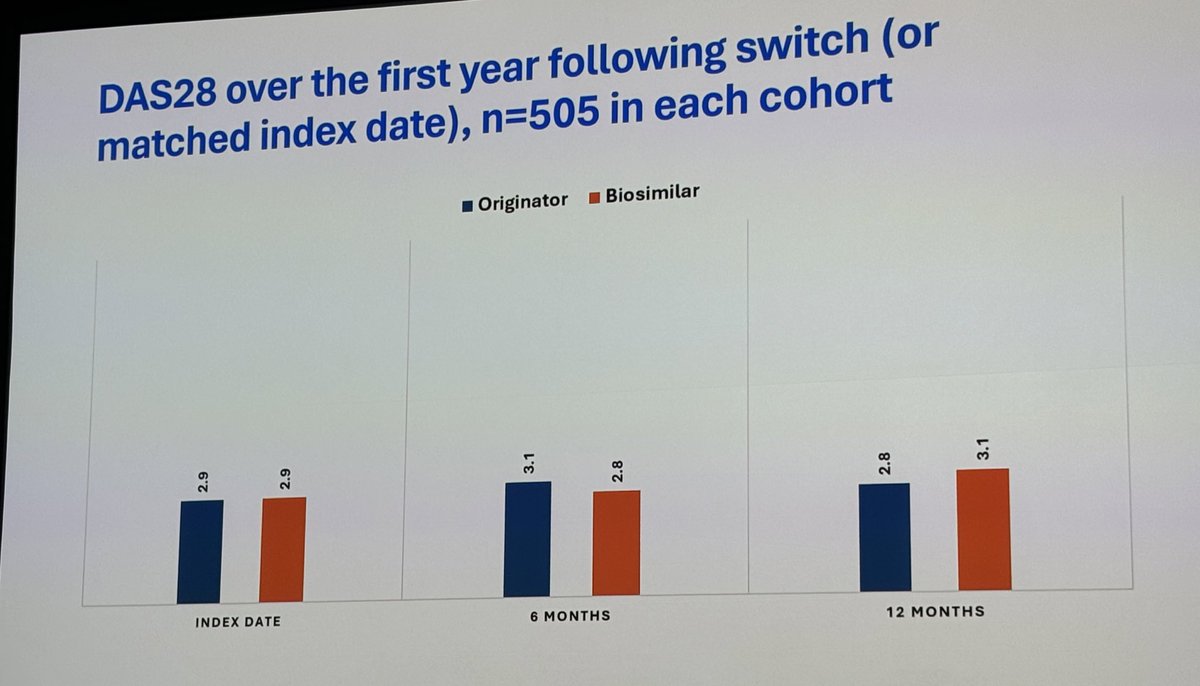
Links:
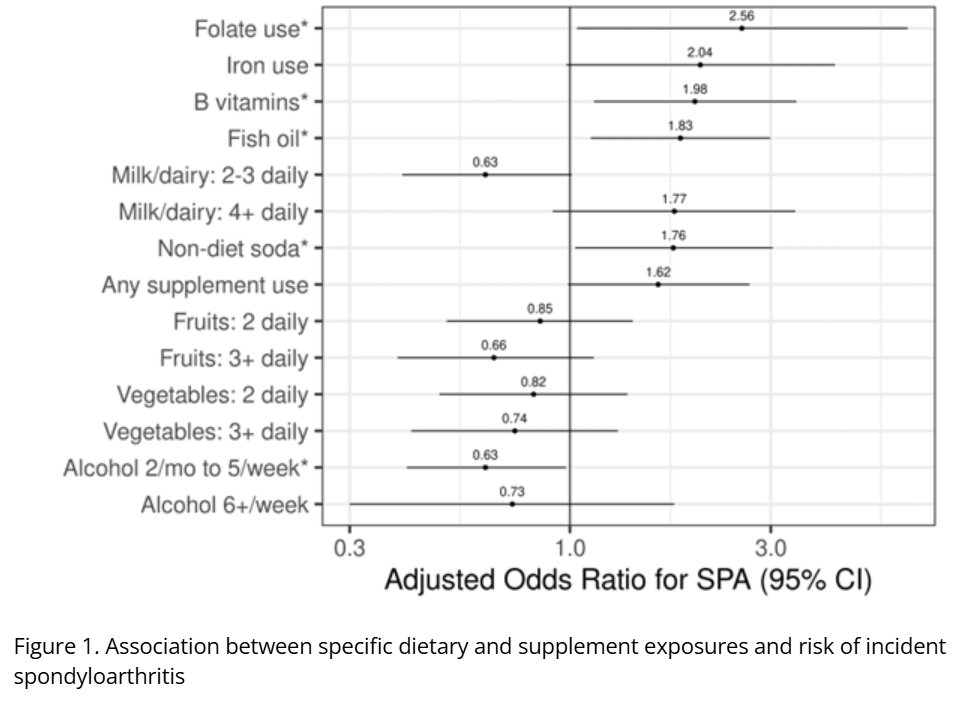
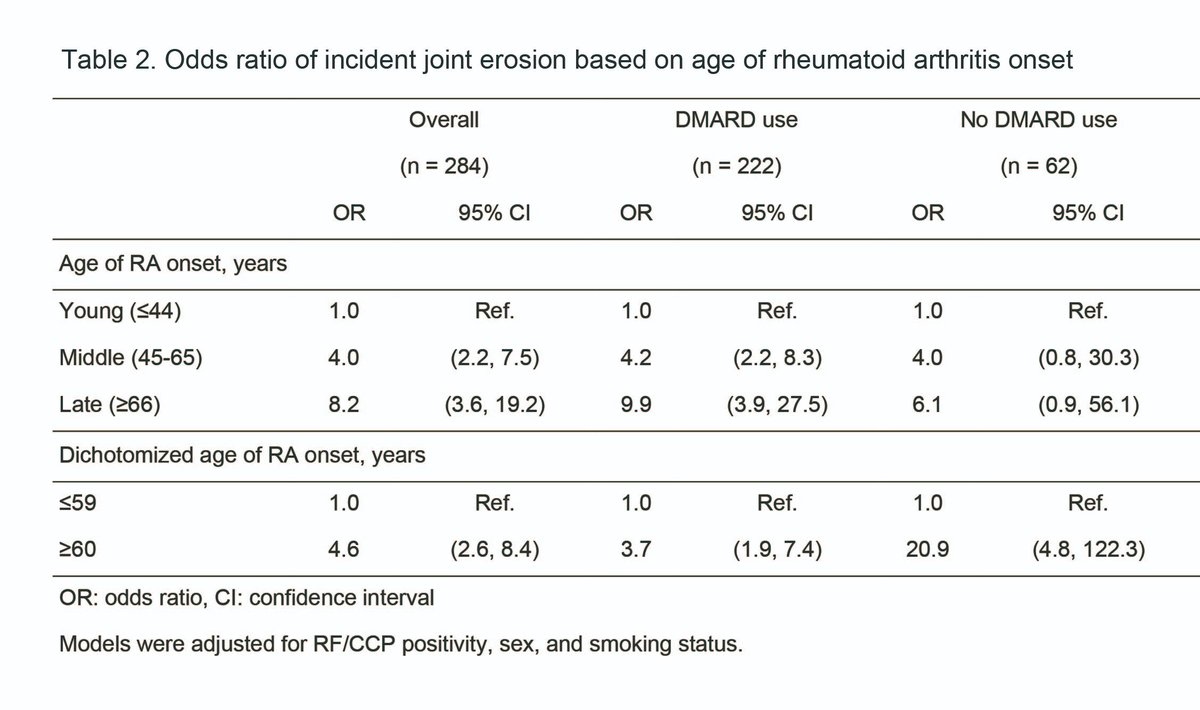
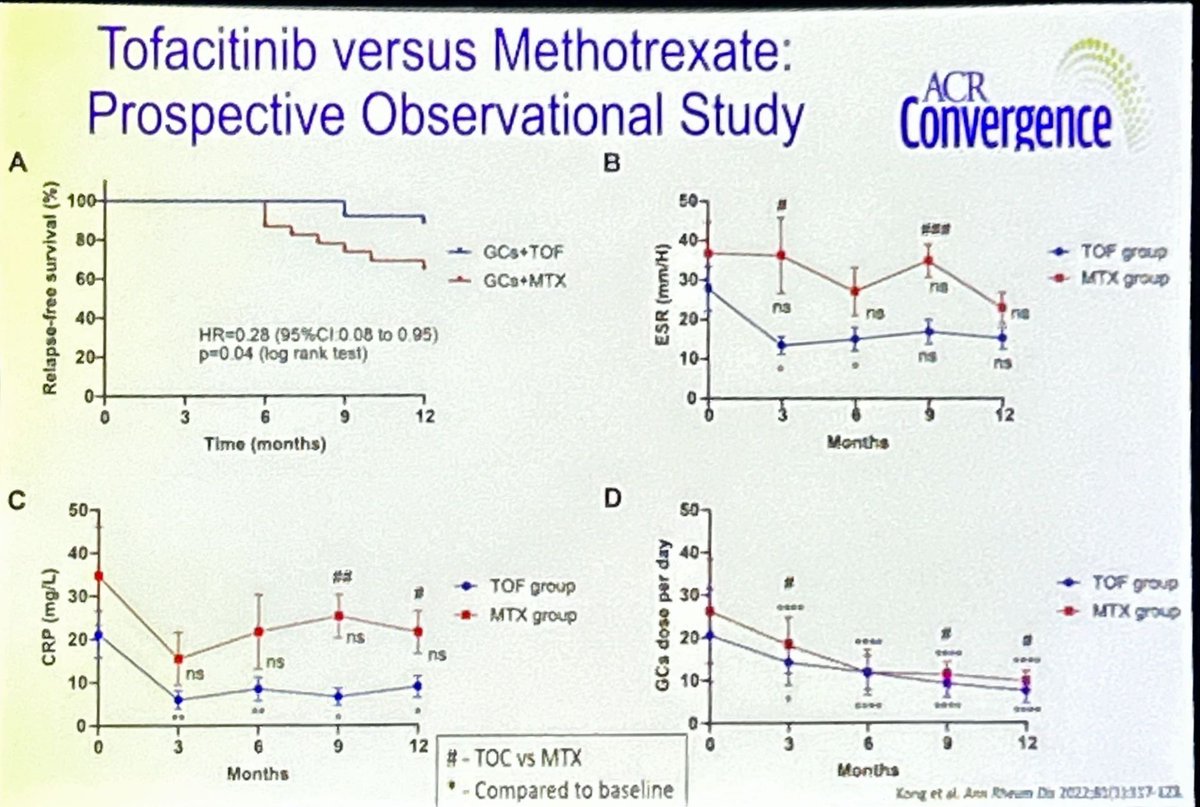

Akhil Sood MD AkhilSoodMD ( View Tweet)
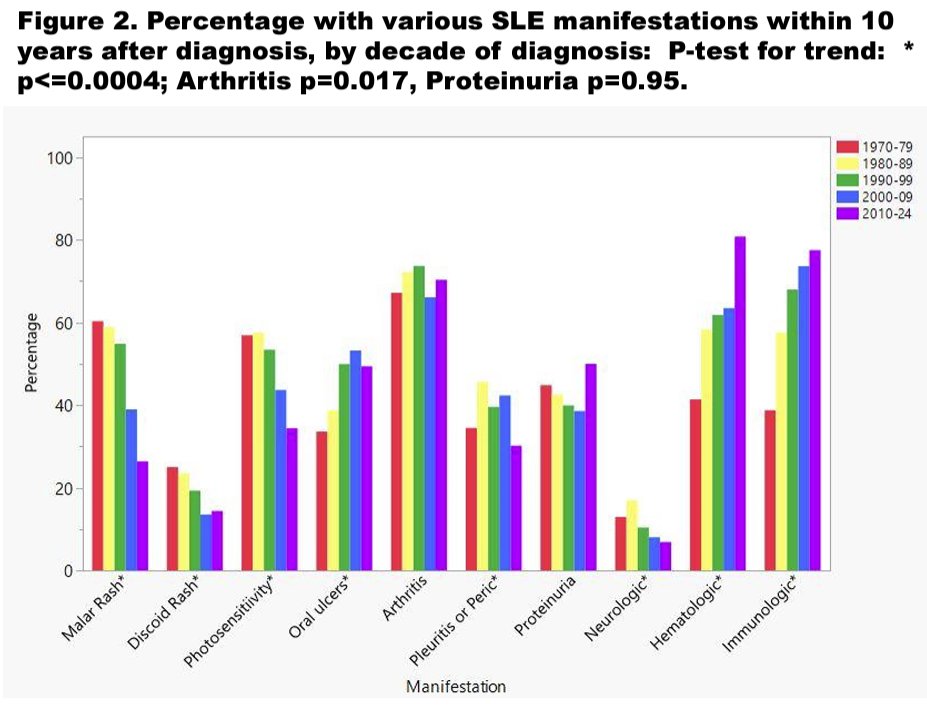
Links:
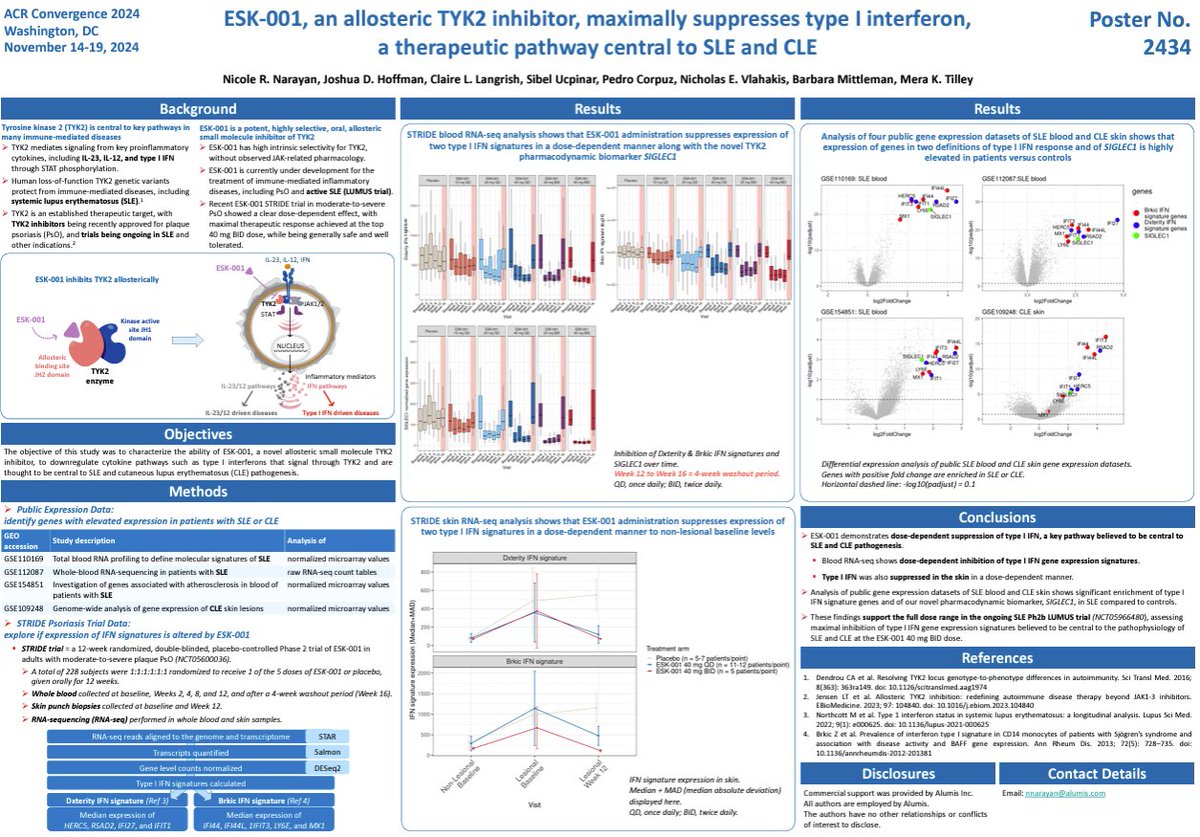

Caoilfhionn Connolly CaoilfhionnMD ( View Tweet)
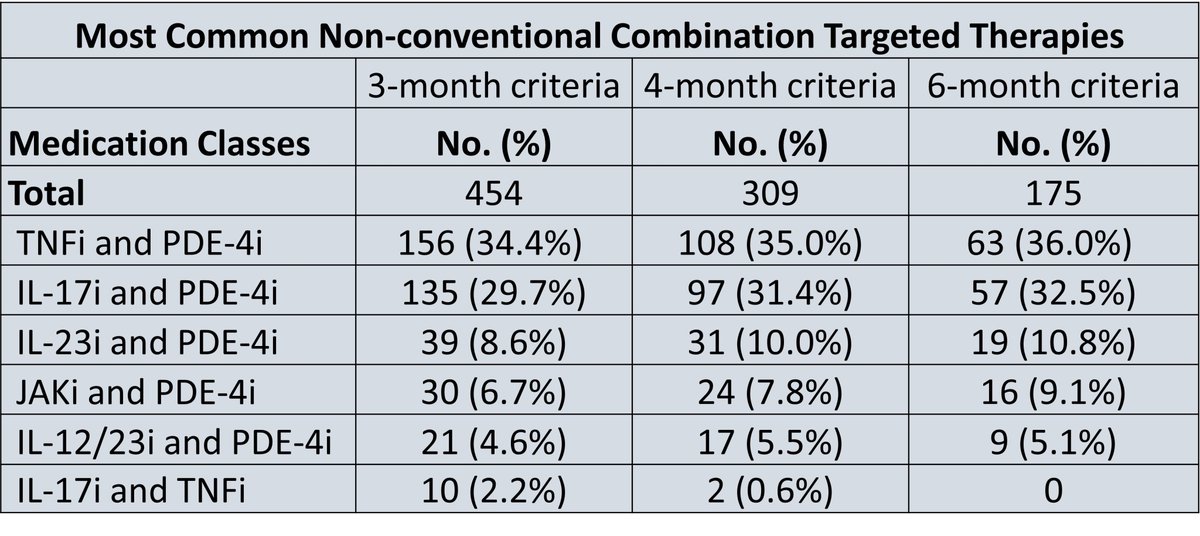
Links:

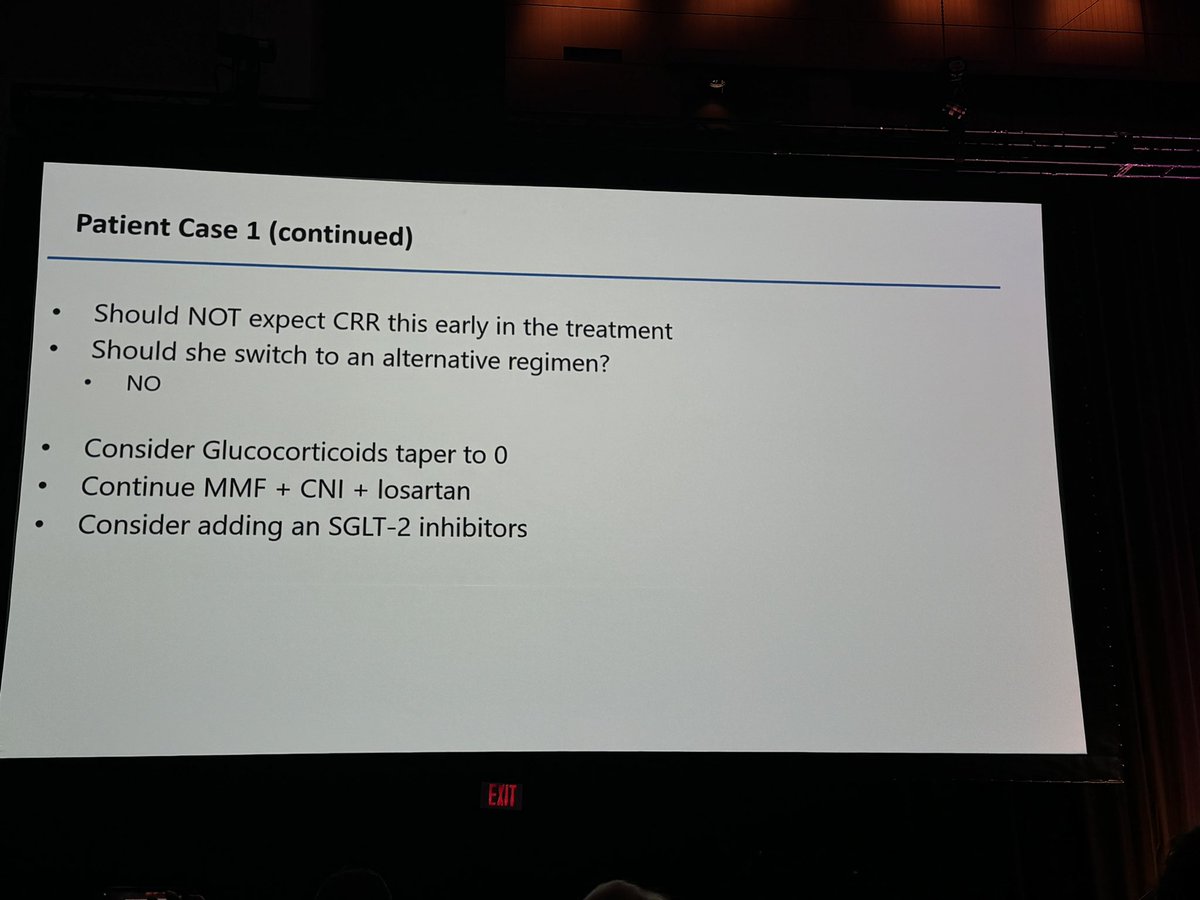
Links:


Dr. John Cush RheumNow ( View Tweet)

Eric Dein ericdeinmd ( View Tweet)

Akhil Sood MD AkhilSoodMD ( View Tweet)
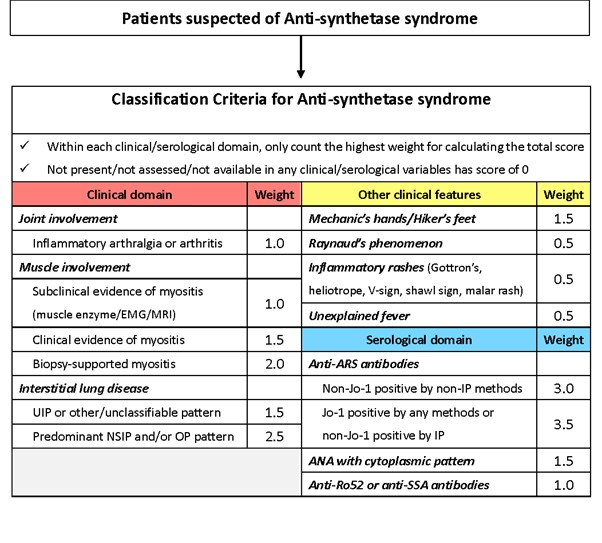
Links:


